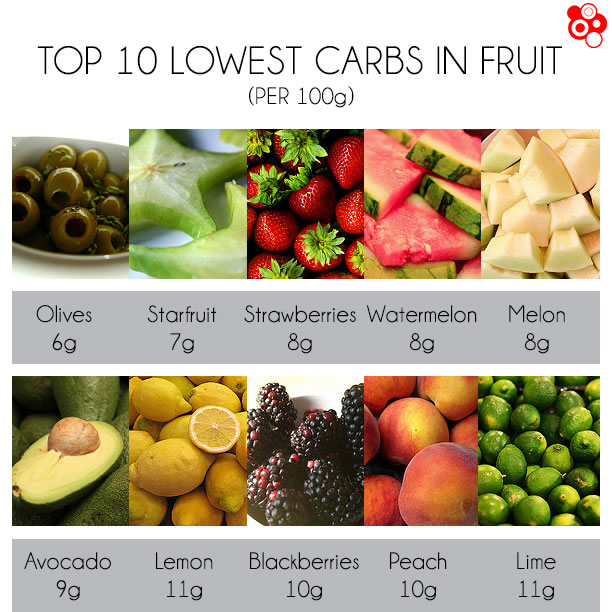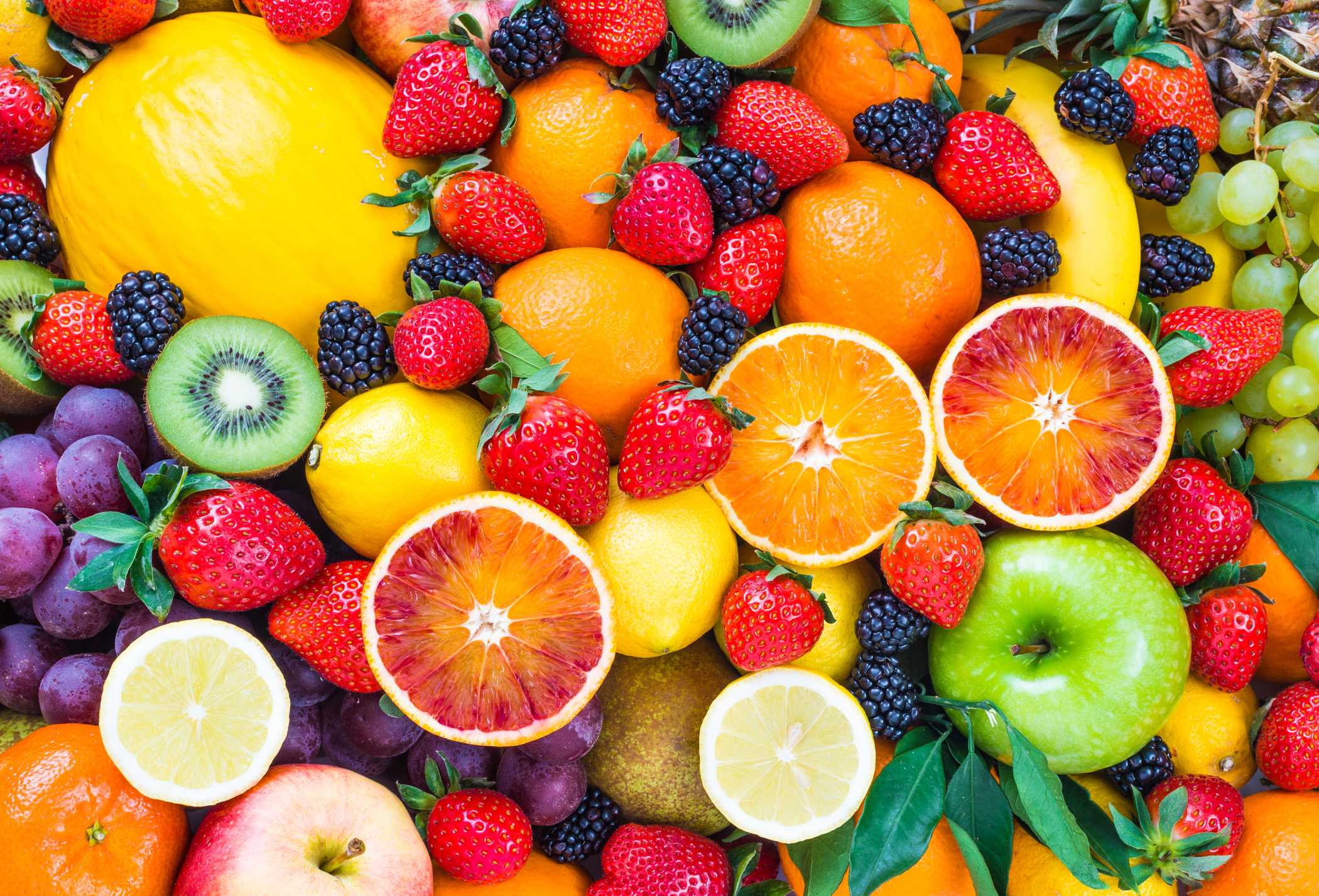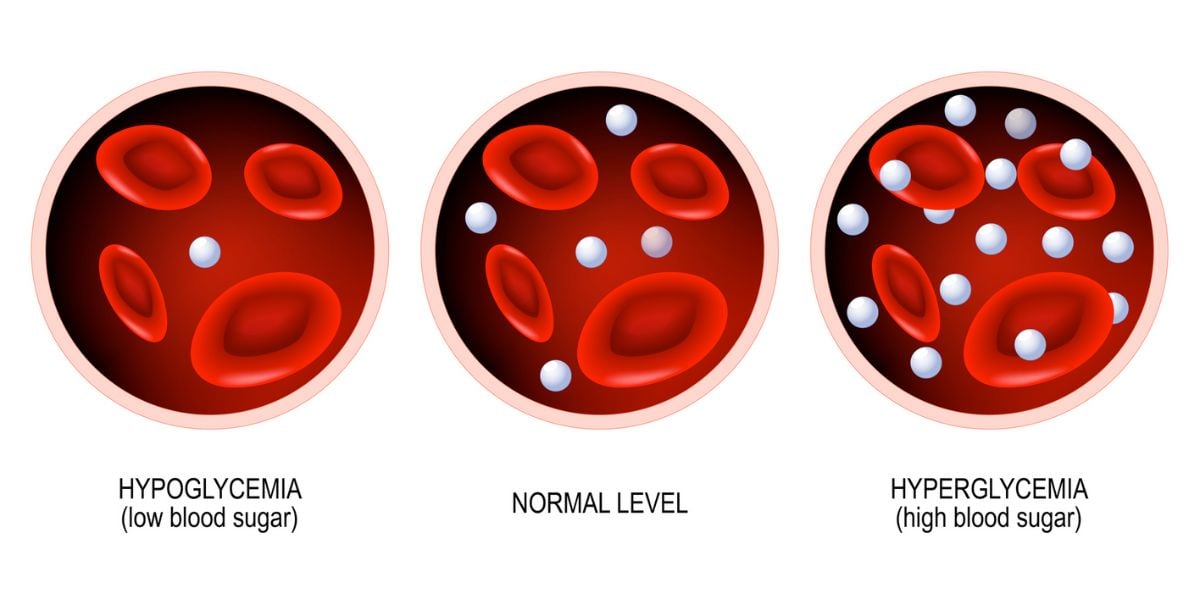Along with vegetables, fruit is one of the healthiest food groups and contains an important source of vitamin C which helps to keep our cells healthy.
Can someone with diabetes eat fruit?
People with diabetes can eat fruit. However, fruit can be quite sugary so bear this in mind to prevent blood sugar levels rising too high
Daily recommendations of fruit
The Department of Health advises us to consume at least 5 portions of fruit or vegetables a day. The American Diabetes Associations recommends fruit as a good option if you’re having a dessert
Effect on diabetes
Fruit is naturally quite high in sugars and fruit will typically have more carbohydrate than non-starchy vegetables. Some fruits are more sugary than others.
For example, banana and oranges are examples of more sugary fruits whereas berries are examples of less sugary fruits.
You may find therefore that you need to choose smaller portions of certain fruits depending on your blood glucose levels
Fruit juices and smoothies typically contain a lot of fruit sugar so exercise caution with how much fruit juice you consume.
Health benefits of fruit
Fruit helps to supply us with fibre, minerals and vitamins, and they are particularly high in their supply of vitamin C.
Vitamin C is important for preventing our cells being damaged. Fibre helps digestion and is linked with helping reduce cholesterol levels
As with vegetables, different fruit have different characteristics.
For example grapefruit contains a healthy amount of vitamin A and potassium whereas berries are good sources of vitamin K and manganese.
The US Centers for Disease Control and Prevention note that eating the recommended quantity of fruit and vegetables may reduce susceptibility to chronic disease and cancers.
Which fruits are lowest in carbs?
A question that is often asked is which fruits have the lowest carbs/sugar content:

Health risks of fruit
Whilst fruit is recognised as being a very healthy food, the relatively high sugar content of fruit juices has been linked by research with higher incidences of colorectal cancer. The Western Australian Institute for Medical Research found, in a study, that those that drank fruit juice had increased instances of colorectal cancer
Cancer Research responded to the study by stating: “This isn’t a large study, and it doesn’t give us clear answers about whether different fruits and vegetables affect the risk of cancer in parts of the bowel.”
Dried fruit is higher in carbohydrate than undried fruit and non-organic dried fruit may also be preserved with sulphites. Sulphites in food may have been linked with bringing on symptoms in asthmatic people. Sulphites may appear on food labels as ‘sulphur dioxide’ or an ingredient containing the words ‘sulphite’ or ‘sulfite’.





